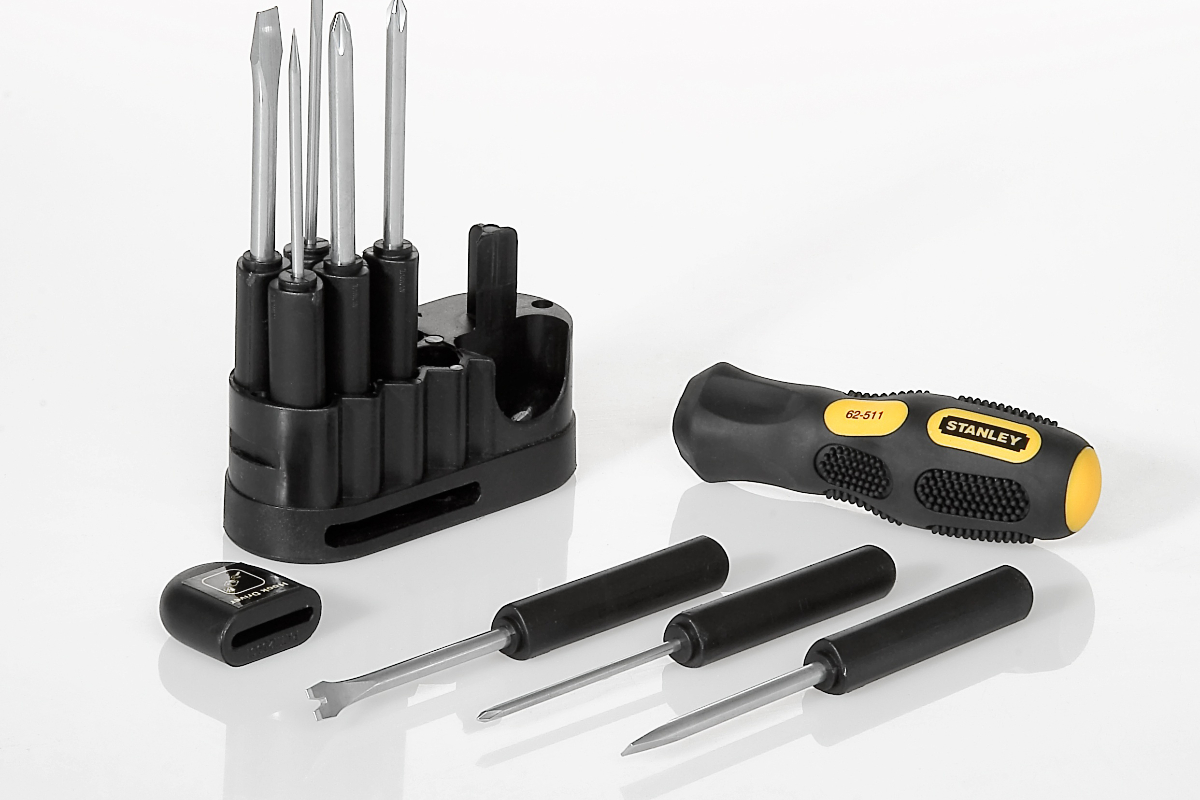Renowned financial expert Jim Cramer has issued a significant cautionary statement regarding Stanley Black & Decker, a prominent industrial tools manufacturer, advising investors against pursuing its stock primarily for its dividend yield. His analysis delves into the underlying financial health of the company, suggesting that current market attractiveness might mask deeper issues related to its operational liquidity.
Cramer articulated his concern by labeling the pursuit of Stanley Black & Decker stock as “reaching for yield,” a strategy he and his Charitable Trust had previously employed with other high-yield assets, including Best Buy. The initial appeal stemmed from the promise of substantial returns, drawing attention from investors seeking income-generating opportunities in the market.
The investment thesis for companies like Stanley Black & Decker was initially bolstered by the prospect of a housing market rebound and anticipated interest rate cuts by the Federal Reserve, which typically stimulate economic activity. This macroeconomic outlook provided a seemingly logical foundation for investing in companies tied to construction and consumer spending, leading to initial positive movements in their stock values.
Despite the initial optimism, Cramer’s Charitable Trust made a strategic decision to divest from Stanley Black & Decker, fortunately incurring only a small loss. This timely exit proved prescient, as the stock subsequently experienced a much more substantial downturn, validating their early assessment of the evolving market conditions and the company’s precarious position.
A critical revelation that fueled Cramer’s apprehension was Stanley Black & Decker’s own admission during a broadcast appearance that they do not anticipate a significant turnaround in their financial performance until 2027. This extended timeline for recovery raised immediate red flags concerning the sustainability of their dividend payouts in the intervening years.
The vulnerability of Stanley Black & Decker’s dividend is further exacerbated by the company’s considerable exposure to Chinese manufacturing. Geopolitical and economic shifts affecting global supply chains and international trade relations pose a continuous risk, potentially impacting the company’s production capabilities and profitability, thus directly threatening its ability to maintain consistent dividend coverage.
While Stanley Black & Decker currently possesses adequate coverage for its dividend, Cramer emphatically pointed out that its free cash flow is moving in an unfavorable direction. This metric, crucial for assessing a company’s ability to generate cash internally to pay down debt, fund operations, and distribute dividends, signals fundamental financial challenges despite temporary solvency.
Stanley Black & Decker, Inc. (NYSE:SWK) is a diversified global manufacturer recognized for producing an extensive range of hand and power tools, outdoor power equipment, fasteners, and engineered industrial products. Its offerings cater to both consumer and professional segments across various critical industries, including construction, automotive, aerospace, and general manufacturing, highlighting its broad market presence.






Leave a Reply